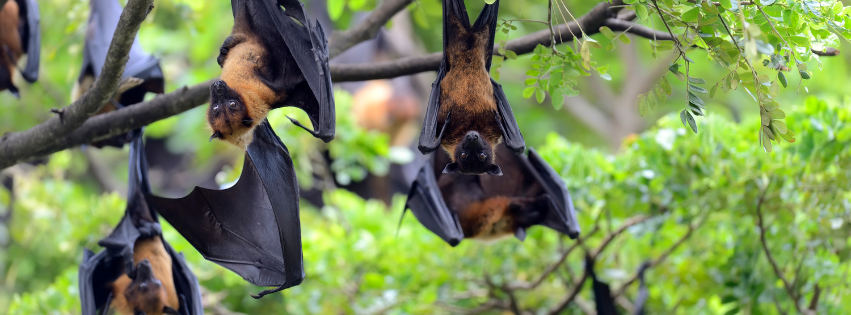Today marks two years since the ban on dog meat officially passed in South Korea. Since enforcement began, 1,204 dog farms—or about 78% of all dog farms in the country—have closed. When we started advocating for an end to the industry, about a decade ago, government estimates indicated that there were...
Like an alarm bell in the night, COVID-19 has cut through the uneasy silence of the world’s failure to address pandemic illness tied to the trade, transport and consumption of wildlife. The notion that we could have prevented COVID-19 by taking decisive steps to curb that trade a decade or two ago should and will haunt us for generations. Still, it is not too late to act, and it is more urgent than ever that we do so.
As argued in a new Humane Society International report, Wildlife Markets and COVID-19, governments around the world at every level must ban or severely limit all trade, transport and consumption of wildlife, immediately. We cannot wait, and we must move swiftly to halt the most potent incubators of coronaviruses and other pathogens transmissible to humans. We must close the mixed-species wildlife markets selling wild animals, particularly mammals and birds, in every nation, and we must halt the import, export and internal transport of live wildlife or wildlife meat intended for sale in such markets or in other contexts, whether the animals were captured in the wild, or farmed, whether for food, medicine or any other purpose. We’re also calling on the World Health Organization to heed this warning.
The kind of wildlife markets in East and Southeast Asia so tragically identified with COVID-19 are not the only kinds of markets where such risks threaten us. In other places, including the United States, Brazil, Canada and South Africa, there are other types of live animal markets, and other transactions involving wildlife, which pose the same risks to global public health. In the U.S., for instance, the closest thing to China’s wildlife markets that we have is the exotic pet trade, a demonstrated source of cruelty, disease transmission, and public health danger. But the United States and many western nations have other conspicuous sites and sources of risk, too, including the vast factory farms in which billions of domestic farm animals are kept in intensive confinement. These facilities are powder kegs of pandemic potential, and we can’t overlook them any longer.
In China, many citizens and officials have signaled their willingness to support the closure of wildlife markets, and the government has acted to do so. But there are loopholes in its current ban, and it is only a temporary one. That’s not enough. We should demand more of China and all other nations where such markets have thrived, just as we should demand more of ourselves.
There are those making the case for temporary closures or for regulating wildlife markets and other points of vulnerability through strict inspections and licensure. But in respect to COVID-19 we must insist on a standard of honesty, and the candid truth is that such measures have failed in the past for a variety of reasons. We need to close out the risk of further danger altogether with an immediate prohibition on wildlife markets and the global wildlife trade. Once that’s done, we can take a more systematic and concerted approach to broad reform, country by country, state by state, locality by locality, and jurisdiction by jurisdiction.
It seems obvious to resort to the law and law enforcement mechanisms, but we also need broad-based public education campaigns. COVID-19 demonstrates that human and animal health must now be seen as a single issue. We’re going to need new international agreements concerning wildlife-related crimes, too, as an essential step in preventing the spread of future zoonoses, such as HIV AIDS, Ebola, SARS, MERS and COVID-19.
It rolls up like this. We can prevent many emerging pandemic diseases in the future by reducing demand for wildlife products. We can do so with intelligence, cultural sensitivity and consideration for those who have—for whatever reason—relied on wildlife and wildlife products in the past. This is no time for delay. This is a time for determined action, and a time to recognize that when we do right by animals, we do right by ourselves.
Take action to end live animal markets here.
Sara Amundson is president of the Humane Society Legislative Fund.
The post On World Health Day, a global reckoning with COVID-19 is urgent appeared first on A Humane World.
To subscribe to our blog click here.
Kitty Block is President and CEO of the Humane Society of the United States and President of Humane Society International, the international affiliate of the HSUS.
Image credit: Piotr Krzeslak/iStock.com


